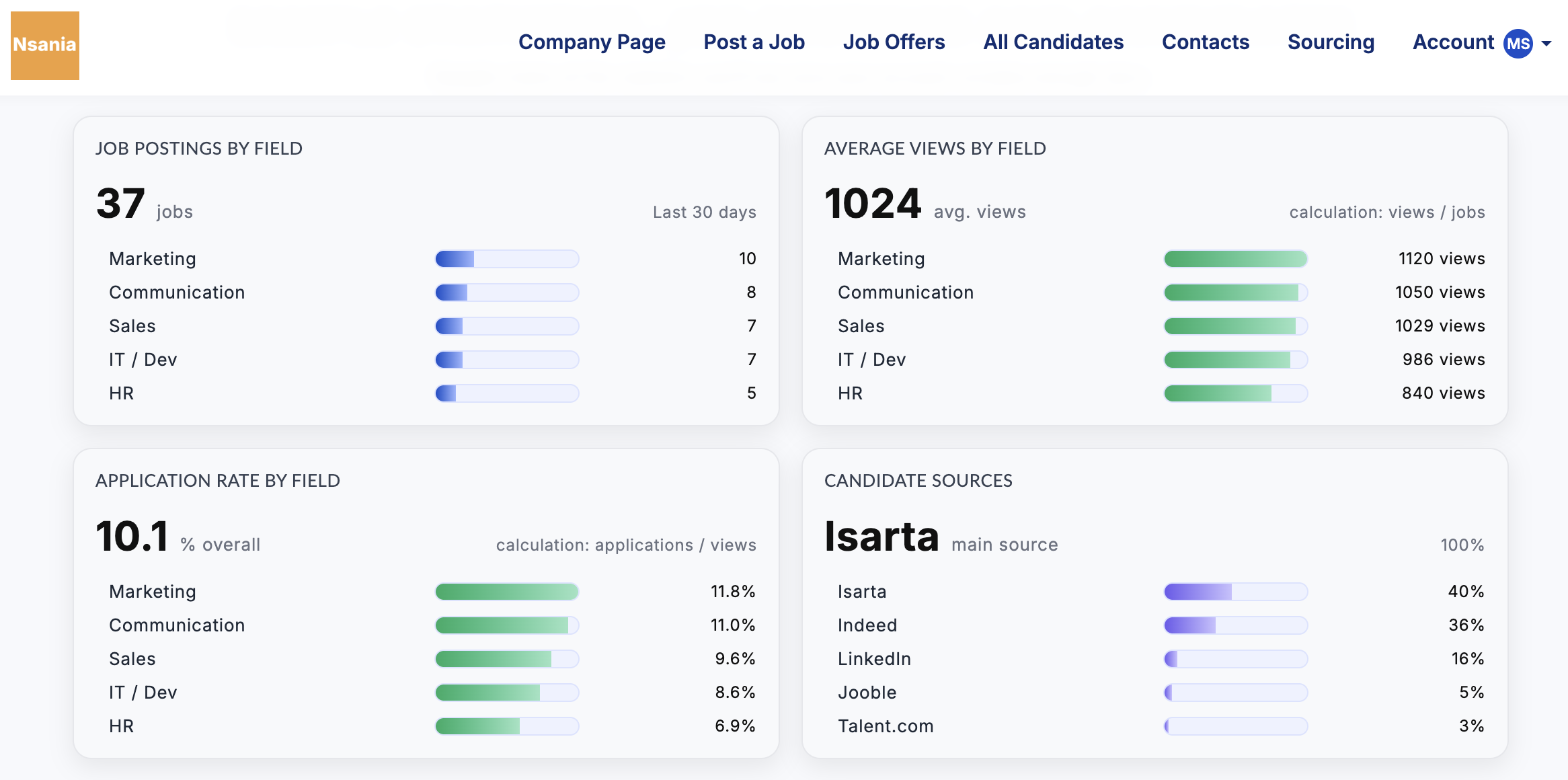While the Quebec government refuses to admit the existence of systemic racism in Quebec society, the Cirano Centre provides new evidence – if one is needed – that applications from diversity are treated unequally when they are hired.
The “good news” of the study is that the hiring bias seems to focus on reading the CV, and then evaporate at the interview stage. Explanations.
Brahim Boudardat and Claude Montmarquette, researchers for the Cirano organization, conducted a controlled recruitment experiment by asking 162 people to “put themselves in the shoes” of a recruiter and to select workers from a pool of fictitious candidates Franco-Quebecers and Quebecer workers of Maghrebian origin.
Two-thirds of participants had training in human resources management, and 26% had experience as recruiters. These participants were asked to select from the five CVs submitted to them, the top two candidates that would be interviewed; they were then asked to select the candidate that would be hired, based on a performance report at the interview.
The bad news is that even in 2020, after all the articles and reports on the subject, we see that a “Tremblay” continues to have a better chance of being called into an interview than a “Mohammed” or a “Nguyen”.
« The main result of the study is that even before they read the CV data and according to the name of the candidate, the participants-recruiters exert a strong discrimination against Maghrebians at the time of selection for a job interview. »
After analyzing the data, researchers estimate that a Maghrebian is 29% less likely to be selected for a job interview than a Franco-Quebecer.
The good news, once passing through that glass ceiling – the invitation to an interview – recruiters seem to want to recover by giving the advantage to the Maghrebian candidates who perform so well that the final chance of a Maghrebian to be hired is equivalent to that of a Franco-Quebecer (19.7% versus 20.3%).
« (…) if he succeeds in obtaining a job interview, the candidate of Maghrebi origin has a 59% probability of being recruited, against 43% for the candidate of Franco-Quebec origin, given that Maghrebians account for only 41% of applications at this stage. This remarkable shift in the behaviour of recruiters (…) clearly shows the importance of the information available to recruiters on the candidates’ ability to perform in their position, but also the importance of incentives on the part of employers, to recruit the most skilled workers, regardless of their origin. »
The researchers hypothesize that the discrimination that occurs in the selection of CVs is probably caused by a “lack of information” that has given way to biasness on the part of recruiters.
Back to the drawing board
Beyond this already known injustice – stopping at the name on the CV – the study highlights some troubling elements regarding the effectiveness of good HR practices for diversity.
Firstly, a solution put forward by the promoters of diversity is to include greater diversity at the decision-making table; yet, among recruiters, a large place had been made for people from diversity (47.5% belonged to a visible minority).
By observing their selection of candidates, the researchers realized that they had not favoured candidates of Maghrebian origin. A “diverse” recruitment and executive team cannot address inclusion alone.
Another good practice of diversity is to train recruitment staff on the risks of unconscious bias. Yet, two-thirds of recruiters had received such training in their human resources education.
Also, the researchers had conducted random reminders to ask recruiters to comply with the human rights charter. Unfortunately, none of these factors had a significant impact on the selection of candidates.
To find a solution to this impasse, the researchers propose to put recruiters at the heart of the search for a solution and challenge the Ordre des CRHA to this end.
« After all, it is [recruiters] who assess the CVs and skills of job applicants and who make recruitment decisions. Their participation in the search for solutions to promote the employment of immigrants is therefore more than important. Employer representatives and the Ordre des conseillers en ressources humaines agréés could facilitate this collaboration. »




